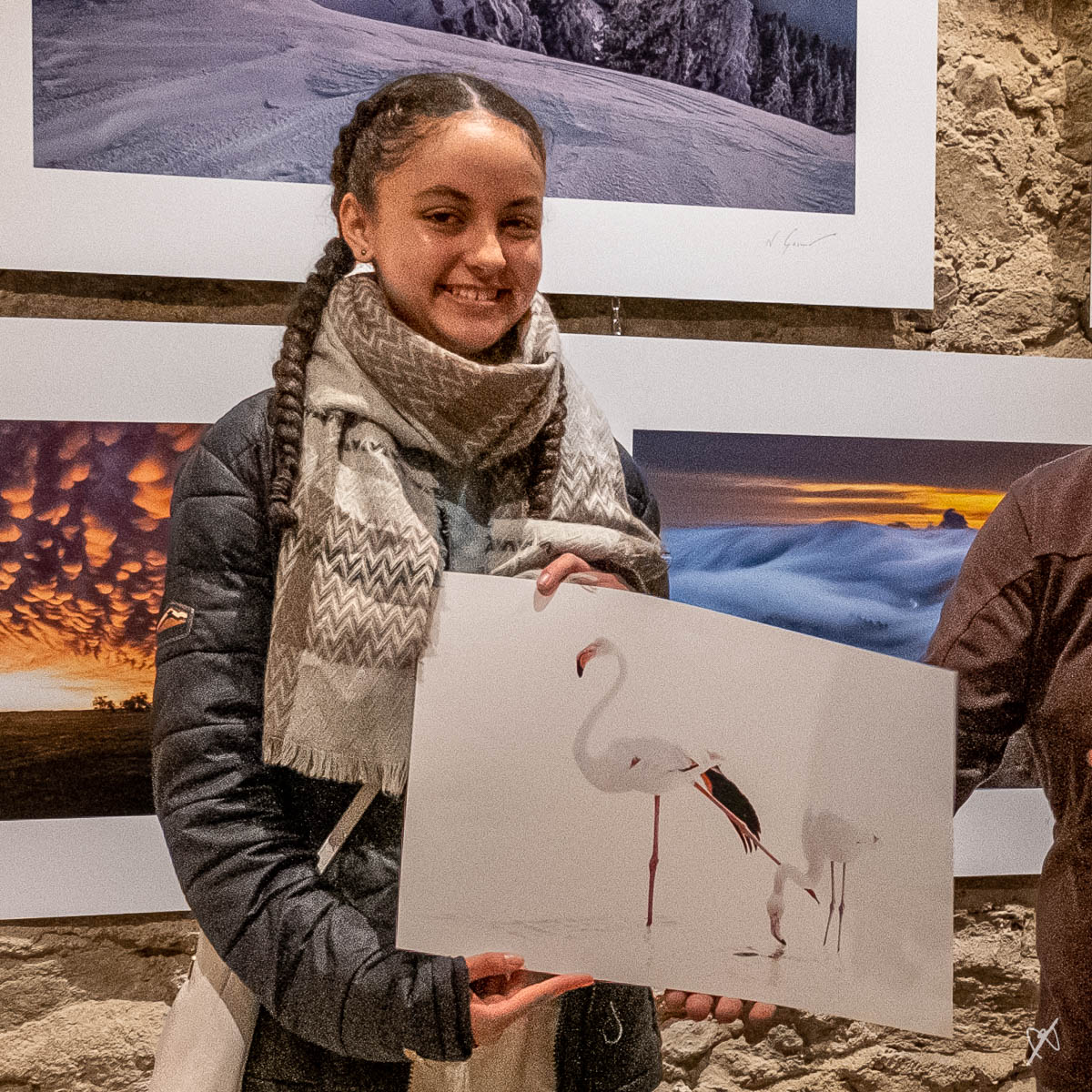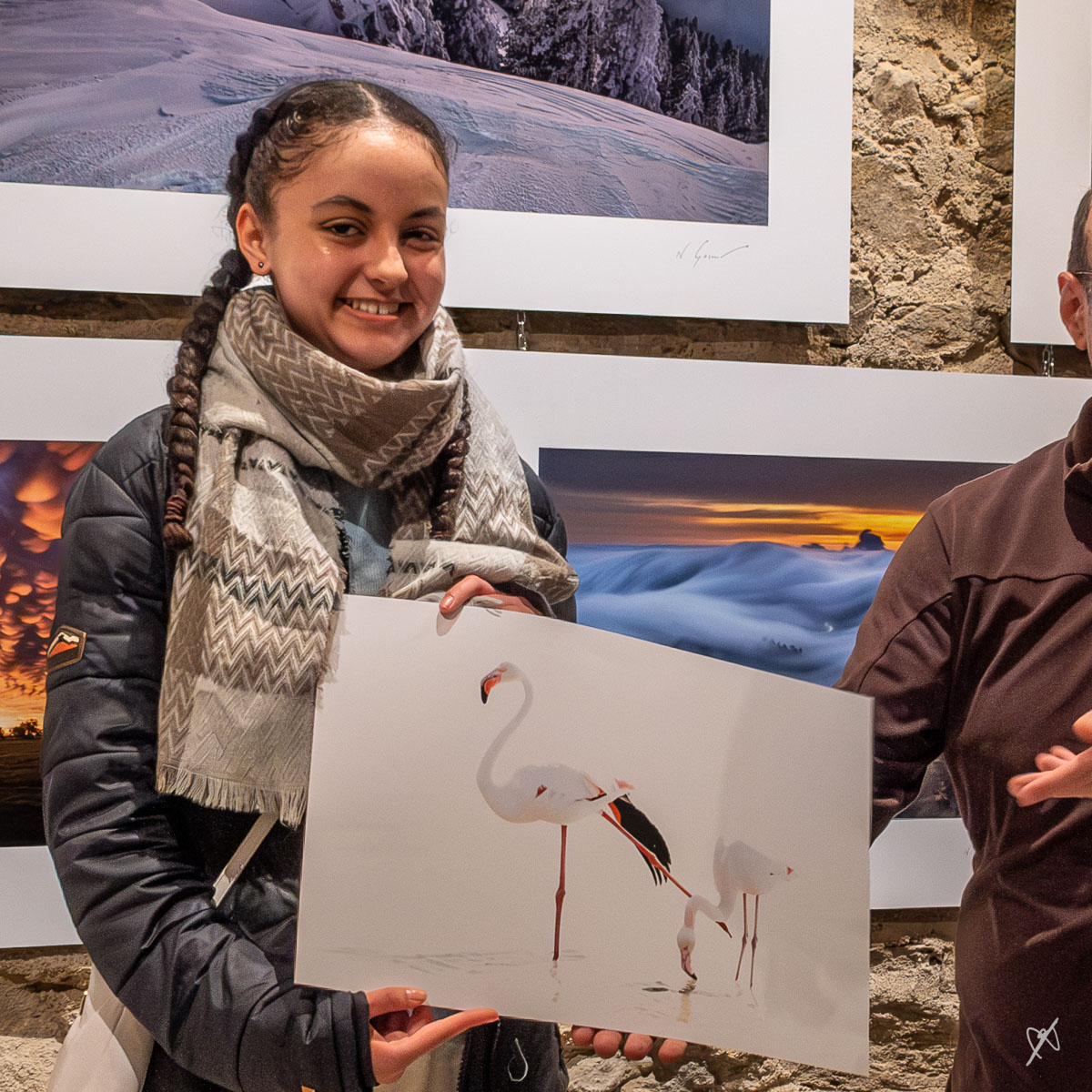As Dan has pointed out, Lightroom Classic v12.3 (avril 2023) contains a new noise treatment tool : Denoise AI.
http://https://blog.adobe.com/en/pub...se-demystified
I have tested it with Fuji X-T3 images at 3200 iso and at 6400 iso and the results are impressive. I will need to make many more tests, but first impressions are that it is at least as good as DXO Pur RAW, possibly better, at least with Fuji X-trans. A negative, it takes its time : 4 minutes for a 55Mo file using an Intel i7 2.1GHz et 64Go RAM.
Before and after pics cropped to around 10% of original size to show the noise, taken at 3200iso
Results 1 to 6 of 6
Thread: Lightroom denoise AI
-
19th April 2023, 08:40 AM #1
Lightroom denoise AI
Last edited by Chataignier; 21st April 2023 at 01:10 PM.
-
19th April 2023, 01:13 PM #2
Re: Lightroom denoise AI
That's an impressive result.
I noticed that the tool is on the same menu as super resolution. I don't know whether you can do them both in one pass.
-
19th April 2023, 03:00 PM #3
Re: Lightroom denoise AI
This is good to know. My two "go to" noise reduction packages have been DxO PhotoLab 6 with the Deep Prime XD option or the Topaz Lab Denoise AI package.
As a general rule, the PhotoLab 6 did a better job in creating sharp images versus what Denoise AI produced. When I test the new Adobe product (at the default 50% setting) against these other two products, my initial impression is that the DxO Labs product works best (fewest artifacts). The Adobe product is second best (again an artifacts issue, but they are different and perhaps slightly softer than the DxO PhotoLab). The Topaz Sharpen AI, in my view has excessive softness from what looks like pixel smearing. Both the Adobe and DxO products are quite slow and while I have not basedlined them yet, both run at about the same speed. Topaz is the fastest of the three products.
As both Topaz Denoise AI and DxO PhotoLab are mature products, I expect Adobe to continue to fine tune their product over time. It's great to have another tool in the toolkit!
This is a great start from Adobe
-
19th April 2023, 09:43 PM #4
Re: Lightroom denoise AI
Manfred --
I'd look forward to your analysis when you have had more experience. My very limited experience with AI-based tools is that their function can vary markedly from one image to another, presumably because of how the image does or doesn't resemble images in the training set. For example, I have had cases where Adobe super resolution created an appreciable improvement, and other cases where it resulted in artifacts that detracted from quality.
Dan
-
22nd April 2023, 01:23 PM #5
Re: Lightroom denoise AI
Here's another comparison, using a night shot of mountains and stars. https://fstoppers.com/lightroom/can-...and-on1-630696. He found LR to be superior to DXO, Topaz, and ON1.
One important point he makes is that LR, unlike the others, seems to do only noise reduction when you ask for it, without doing any sharpening. You have to do the sharpening separately, which I would prefer anyway. For that reason, the initial output from LR is softer than that from the others.
I suspect that the outcome depends on the image, but I suspect that LR's will be fine for me.
-
13th May 2023, 02:45 PM #6
Re: Lightroom denoise AI
Just did my first trial. I can't post the results because I never post images of children without their parents' permission, but I think the description may be useful
The photo was an available-light candid of a 4 year old shot at ISO 6400 with my new R6. The R6 handles low light quite well, so the image wasn't terribly noisy, but it was too noisy for my tastes.
I first tried Lightroom's AI denoise, which took 35 seconds (or so it said). I then did a manual noise reduction with the standard LR controls.
On balance, the AI results were better. It was a bit more aggressive than I wanted, and I think it over-softened the skin a tad. I then did a manual adjustment, stopping a little bit shy of where the AI routine went, looking just at facial texture. Even though the AI results were more aggressive, the AI routine was considerably better in terms of maintaining sharp detail in the eyes and eye-lashes. I don't think I could have matched the AI version with simple masking, as it did successfully remove noise from the whites of the eyes while keeping the rest sharp.
Interestingly, Tim Gray has posted that he believes he often gets better results with manual adjustments. However, in this case, I'm doing my further edits on the AI version.

 Helpful Posts:
Helpful Posts: 


 Reply With Quote
Reply With Quote
